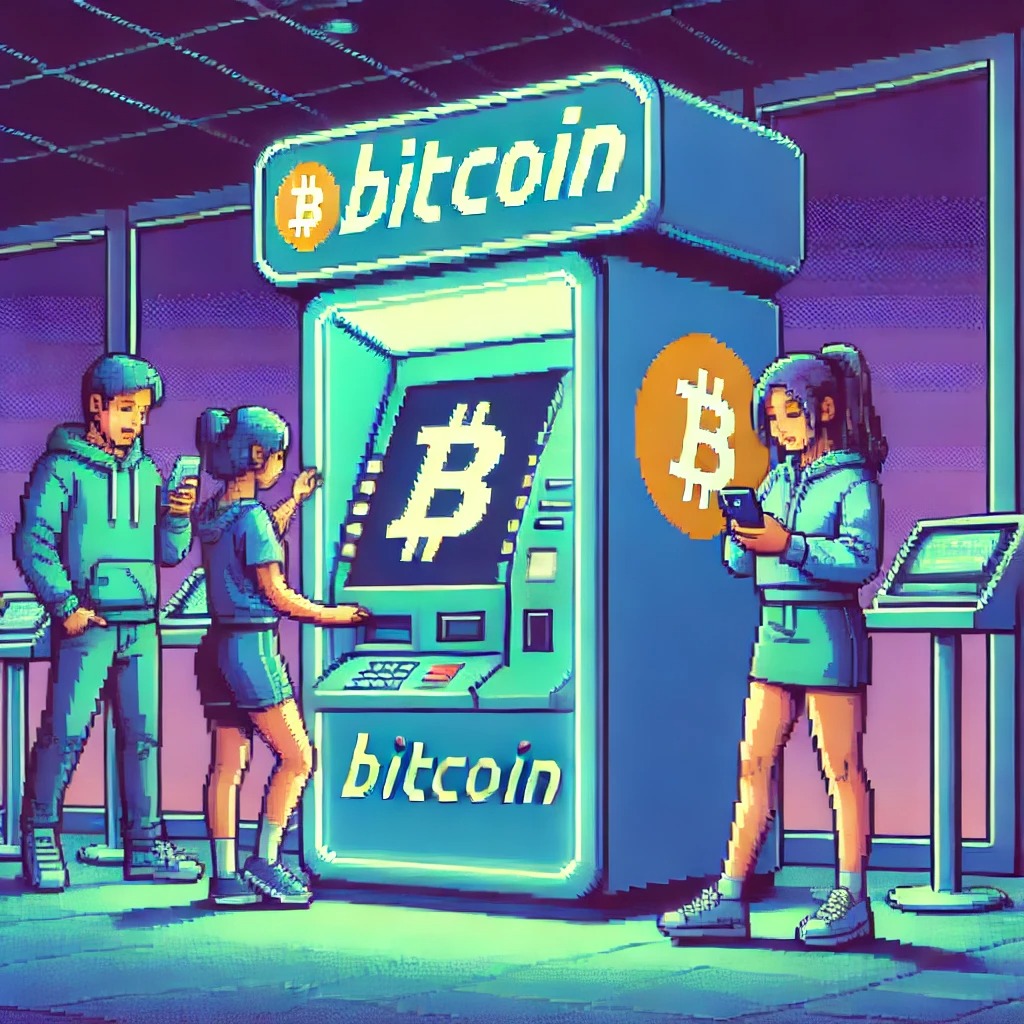Bitcoin ATMs appear quite similar to traditional ATMs, but they perform a drastically different function. Instead of depositing or withdrawing cash from your bank account, Bitcoin ATMs allow users to turn cash into cryptocurrencies (or vice versa). With Bitcoin ATMs, investing in crypto and blockchain technologies has never been easier.
Why Use a Bitcoin ATM?
Bitcoin ATMs are a safe and secure way to dip your toes into the world of cryptocurrency.
Proponents of Bitcoin ATMs enjoy the anonymity that comes with cash-to-crypto transactions. Online Bitcoin purchases require users to submit social security numbers, bank accounts, and other personal information. When purchasing from a Bitcoin ATM, you just need cash, phone number, and a Bitcoin wallet or address. In addition, these online methods sometimes require long waiting periods, whereas Bitcoin ATMs are instant!
Even if anonymity is not a concern, accessibility can still be an issue. Billions of people around the world do not have a bank account, so Bitcoin ATMs help make cryptocurrency accessible to all.
Converting Cash into Crypto
Each Bitcoin ATM will function in slightly different ways, but the basic principles remain the same. Start by heading to your nearest Hermes Bitcoin, bringing the amount of cash that you wish to turn into cryptocurrency.
You will need a Bitcoin wallet or address to receive the cryptocurrency (these are free and simple to set up). Digital wallets are the recommended method, as they can be set up on your smartphone in a matter of minutes.
After inputting your wallet address, carefully confirm the details (cryptocurrency transactions are irreversible), and that’s it! Cryptocurrency transactions can take anywhere from a few minutes to a few hours to process, so a little patience may be required.



